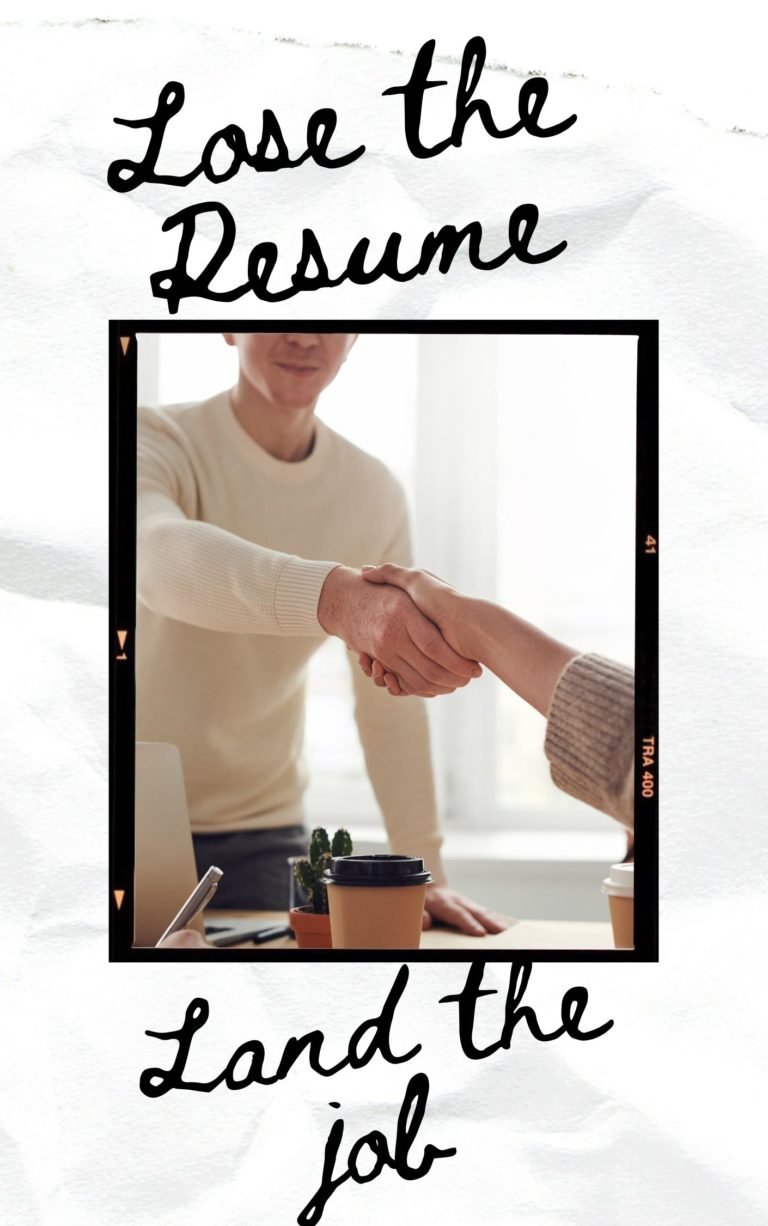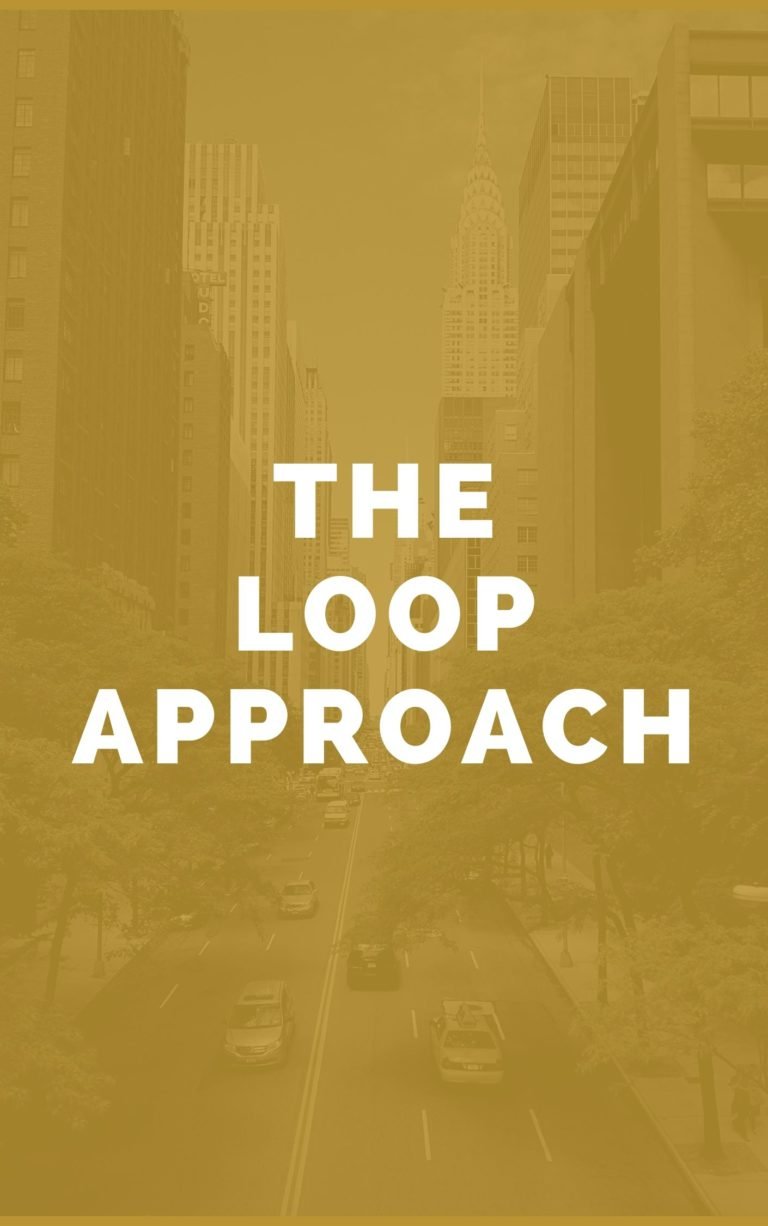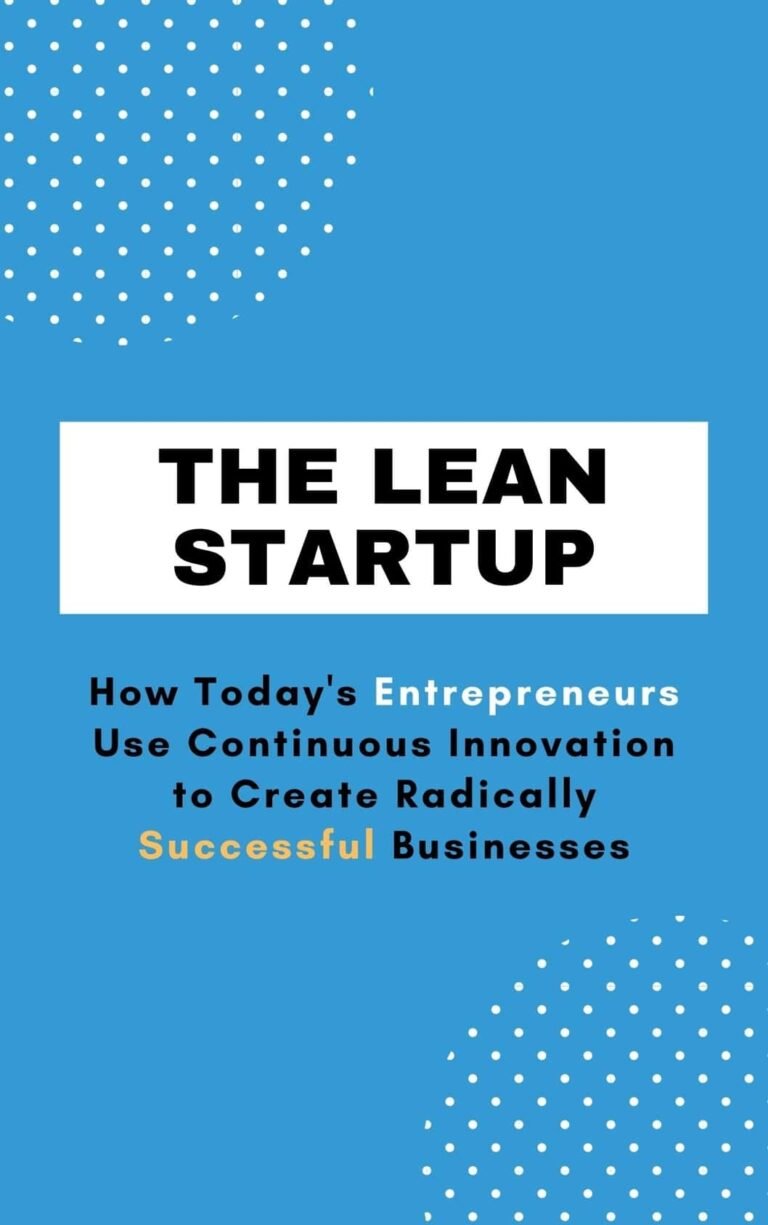She Said
Jodi Kantor and Megan Twohey
Rating: 8.8
“She Said, the journalists’ clear-eyed record of that effort, reads at some moments as a thriller, and at others as an indictment of a system full of rot. But it is ultimately about the women, bonded in their pain, who refused to be silent any longer.”
-The Atlantic
Harvey Weinstein, co-founder of Miramax and later The Weinstein Company, was one of the most powerful producers in Hollywood. He was known to be a serial sexual abuser.
Providing background and context, New York Times reporters Jodi Kantor and Megan Twohey describe how Harvey Weinstein ran his film production companies with his brother Bob. He rose from humble beginnings to prominence in Hollywood because of his canny promotional ability. He turned small films into critical hits and launched the careers of megastars. He won five Oscars through the years.
He was politically active, the authors report, and raised money for Democratic candidates, including Hillary Clinton. Though rumors of harassment followed him, no one complained on record. Kantor and Twohey knew that journalists had tried to crack the story without success. One obstacle was that Weinstein had solid feminist credentials, including distributing The Hunting Ground, a film about campus rape.
Kantor and Twohey had experience working on sexual harassment and assault stories. They knew they had to uncover meticulous evidence in their investigation of Weinstein. They understood that few insiders would talk to them because their film careers depended on their industry connections. Without hard evidence, the accusations against Weinstein would devolve into a “he said, she said” story and nothing would change. Anything less than solid proof would undermine their reporting. Rebecca Corbett, the Times’s special investigations editor, told Kantor and Twohey to look more deeply into the unaddressed patterns and systems that allowed sexual harassment to persist.
Contents
The Times reporters spoke
Off the record – with actress Rose McGowan, who alleged Weinstein raped her at the Sundance Film Festival in 1997.
The authors detail how Rose McGowan met Weinstein at the Sundance Film Festival. He invited her to his room to talk business, and, at first, the authors report, that ‘sall they did. As McGowan was leaving, Weinstein grabbed her, ripped her clothes off and forced oral sex on her. She faked a climax, and fled. McGowan’s lawyer negotiated a $100,000 settlement from Weinstein in exchange for her silence. She donated the money to a rape center. Kantor and Twohey began to vet McGowan’s story.
More stories
Other female stars had similar stories that exposed a pattern of Weinstein’s abusive behavior, but no one wanted to tell her story alone.
As bad as McGowan’s story was, Kantor and Twohey make clear that the deeper story was the pervasive systemic abuse and misogyny built into Hollywood moviemaking. Other studio executives, the authors relate, behaved like Weinstein, and protected themselves by having their victims and employees sign nondisclosure agreements.
Movie star Ashley Judd told Kantor she met Weinstein early in her career. He invited her to talk business at hotels on two occasions. She’d expected to meet in the hotels’ restaurants, but they met in his room. In the second encounter, Weinstein repeatedly pressured her for sexual favors. She didn’t want to offend him, so she made a joke and left.
Despite Judd’s history of feminist activism and her conviction that women need to band together around their common experiences to create systemic change, Kantor and Twohey discovered that she was cautious about going on the record. When she’d alluded to the Weinstein event in 2015 without naming him, the press had harangued her ceaselessly. Judd said she’d be comfortable going public if her account was one of several illustrating a pattern of abuse. “When he had invited these women to meetings,” the authors write, “they had responded because they wanted to work, because they had ambition, creativity, and hopes and dreams. In return, he put them in no-win positions.”
Gwyneth Paltrow, the authors recount, had a harrowing encounter with Weinstein early in her career. Her then-boyfriend Brad Pitt had confronted Weinstein about it, but Paltrow had signed to do the film Emma and feared Weinstein would fire her. She managed to smooth it over, and made several successful films with him. Kantor and Twohey learned that actors considered it normal to put up with that kind of harassment in Hollywood, and Weinstein could be worse than some producers in other ways. For instance, his explosive temper was legendary. Like Judd, the reporters explain empathetically, Paltrow hesitated to go public.
Kantor and Twohey brought further accusations to light. For example, Italian model Ambra Battilana Gutierrez had filed a police report against Weinstein for sexual assault in 2015. The district attorney’s office had declined to prosecute.
Stopping the story
While appearing contrite and cooperative, Weinstein coordinated surveillance and smear tactics to stop the Times story.
The authors narrate how Weinstein’s lawyer Lisa Bloom, who had a reputation as a feminist, contacted Kantor early in the investigation. Kantor figured Bloom was contacting her on behalf of a Weinstein victim. But a colleague warned Kantor that Bloom had announced a production project with Weinstein. Kantor and Twohey came to understand that Weinstein had hired Bloom to help improve his reputation – which included online smears against his accusers – and to conduct a charm offensive highlighting his feminist credentials, his enlightened attitude and his contrition over his alleged past behavior.
Dean Baquet, the Times executive editor, warned Kantor and Twohey. He told them he’d dealt before with Weinstein’s efforts to quash or shape stories. The authors learned that Weinstein hired an Israeli firm, Black Cube, with experience in persuasion campaigns. Black Cube employees posed as reporters and other individuals, phoning women Weinstein feared would talk. Weinstein promised Black Cube an extra $300,000 to stop the Times article. Kantor and Twohey felt even more pressure to get every detail correctly.
It has been going on
The reporters discovered that Weinstein’s predatory behavior included harassing his employees, which he had done for decades.
Kantor and Twohey clarify the legal context in which complaints against Weinstein arose. Rape and assault, they point out, are criminal offenses, but sexual harassment is a matter of civil rights laws at the federal level. In the authors’ view, lawyers undermined the legal system, justice and punishment by negotiating paid settlements. Kantor and Twohey explain that victims had to relinquish evidence and make other concessions. For example, Weinstein accuser Lauren O’Connor had to write a letter praising him and her experience working at his company. Settlements were the dominant way lawyers dealt with sexual harassment. The authors explicate how going to court destroyed the privacy and reputations of the women involved. The law capped damages, and the window for filing complaints was short. Complaints were not available to the public. The reporters show how the legal system encourages silence, so harassers move to different jobs and repeat their behavior again.
Kantor tracked down several former Weinstein employees, including Zelda Perkins, Rowena Chiu and Laura Madden, who had worked in the London office. Miramax hired Madden to work on Into the West. Weinstein had called her to his room to work, but when she arrived, he was in his bathrobe. He flattered her and promised her a long-term job in the London office. He suggested a massage, and kept pushing. Events escalated, and Madden found herself crying naked in the shower.
When a colleague confronted Weinstein, he gave Madden the London job with the promise it would never happen again. She had subsequent “uncomfortable” moments with Weinstein, but none amounted to assault. Madden, the authors report with compassion, still felt ashamed that she hadn’t escaped immediately and that she’d taken the job with Weinstein.
Admitting
Getting current Weinstein executives to talk on the record was difficult; admitting to covering up his behavior did not put them in the best light.
Kantor and Twohey shows how the corporate culture at The Weinstein Company (TWC) protected Weinstein. But, they learned, by 2014 and 2015 his abusive behavior was too obvious to ignore. Irwin Reiter, executive vice president for accounting, heard alarming stories – including information about Weinstein’s personal assistant, Sandeep Rehal, who scheduled his meetings with young women, a job she found humiliating. The authors found out that Weinstein convinced Rehal that if she spoke up, he’d fire her and have her sister expelled from college.
Bob Weinstein, according to the authors, had convinced himself that Harvey Weinstein was a sex addict, but he believed his brother engaged in consensual affairs. Now he saw that these accusations could damage the business. In 2015, Bob and other board members addressed Weinstein’s behavior during contract negotiations. Weinstein made a weak promise to seek therapy, and the board inserted clauses in the contract that made Weinstein liable for misconduct, including the threat of termination.Kantor and Twohey point out that TWC’s board gave little thought to protecting its female employees.
First women on record
Ashley Judd and former Weinstein employee Laura Madden were the first women to go on the record.
Kantor acquired a copy of a memo from O’Connor, then a TWC junior executive, describing a toxic work environment for female employees. She declined to speak on the record, but the reporters confirmed that she’d reached a settlement agreement with TWC. They’d discovered eight earlier settlement deals, and believed there’d probably been more. Weinstein’s team insinuated that the Times was violating the public trust. Times lawyer David McCraw assured Kantor and Twohey that the law and the facts would protect them. As Weinstein’s lawyers sent over his statement, he called repeatedly to ask if Paltrow was in the story. She wasn’t, but Weinstein didn’t believe it. The Times published the story on October 5, 2017.
More stories to uncover
The Weinstein story opened the floodgates for women’s stories about sexual harassment and abuse.
Paltrow and others told their Weinstein stories on the record. “Their stories involved a kind of poetic reversal,” the authors write. “They had suffered from harassment but gained new authority and respect from fighting it.” This emboldened more women to step forward. Kantor and Twohey report that women realized that speaking out was the only way to stop a serial transgressor and to push for systemic change. #MeToo stories brought down other famous men.
Twohey reported that during his presidential campaign, Donald Trump kept adult film actress Stormy Daniels quiet about their affair by paying her a settlement agreement. Seven months after publication of the Times article, police arrested Weinstein for two counts of sexual assault. Women used the #MeToo hashtag to describe a range of behaviors, some of which didn’t rise to the level of abuse. A backlash grew as women pushed for updated laws and corporate transparency. Kantor worked on stories of how sexual harassment plagued low-income women who faced pressure from their landlords or employers, and feared retaliation if they spoke out.
Professor Christine Blasey Ford
She had to decide whether to testify to Congress about her high school memories of an attempted rape by potential Supreme Court justice Brett Kavanaugh.
Kantor and Twohey detail the story of Christine Blasey Ford, a research scientist and psychology professor living in California. They describe Ford’s reaction when she saw Kavanaugh’s name on a list of Supreme Court candidates. She wondered if she should tell people about what happened to her, so they could decide if his behavior should prevent his nomination.
The authors found that Ford was genuinely unprepared for what her lawyers foresaw as attacks on her character and her privacy. However, they thought the Republican Senate majority would confirm Kavanaugh anyway and they were right. Ford spoke to the Washington Post and agreed to testify before the Senate Judiciary Committee. Kantor and Towhey discovered that she became a lightning rod for backlash. Republicans in charge of the committee refused to subpoena people who could serve as witnesses to Ford’s account. Instead, they accepted witnesses’ statements that they didn’t recall the incident Ford described.
During the hearing, Ford spoke plainly and sincerely. Kavanaugh emphatically denied her allegations and accused Ford of participating in an “orchestrated political hit.” Ford, who did not watch Kavanaugh’s testimony, was beset on all sides with threats, smears and lies. The Senate confirmed Kavanaugh’s nomination to the Supreme Court. But, Ford had figured that he’d be confirmed, the authors write. “Her victory had been telling her story to the world with dignity.”
#MeToo
The #MeToo movement continues to confront sexism and push for systemic change.
The #MeToo movement turned up the heat in corporations. McDonald’s worker Kim Lawson organized a nationwide walkout to protest the company’s lax sexual harassment policy. The authors mention that Ashley Judd now serves on the board of Time’s Up, a nonprofit working toward workplace equity and safety. Zelda Perkins broke her settlement agreement and spoke out against Weinstein. After Kavanaugh’s confirmation, Ford still received death threats. But, all of these women agreed that if they hadn’t spoken out, nothing would have changed. “The #MeToo movement is an example of social change in our time but is also a test of it,” the authors write. “In this fractured environment, will all of us be able to forge a new set of mutually fair rules and protections?”
A Sea Change
In a classic tale of heroic journalism, Jodi Kantor and Megan Twohey took on the enduring male power structure and the enduring structures of workplace harassment with the only weapons at their disposal: hard work, the truth, and a free press. Their book is a victory of determined reportage that enjoyed unrelenting corporate support from The New York Times. The authors braved personal and professional risks to bring this crucial story to light. They write like daily journalists, in clear, no-nonsense prose. Their style is one of no style; they present facts to be clearly understood. As with an earlier classic, All The President’s Men, Kantor, and Twohey generated profound social change by pursuing the truth and presenting it without bias. Their book will remain a benchmark for years to come.






